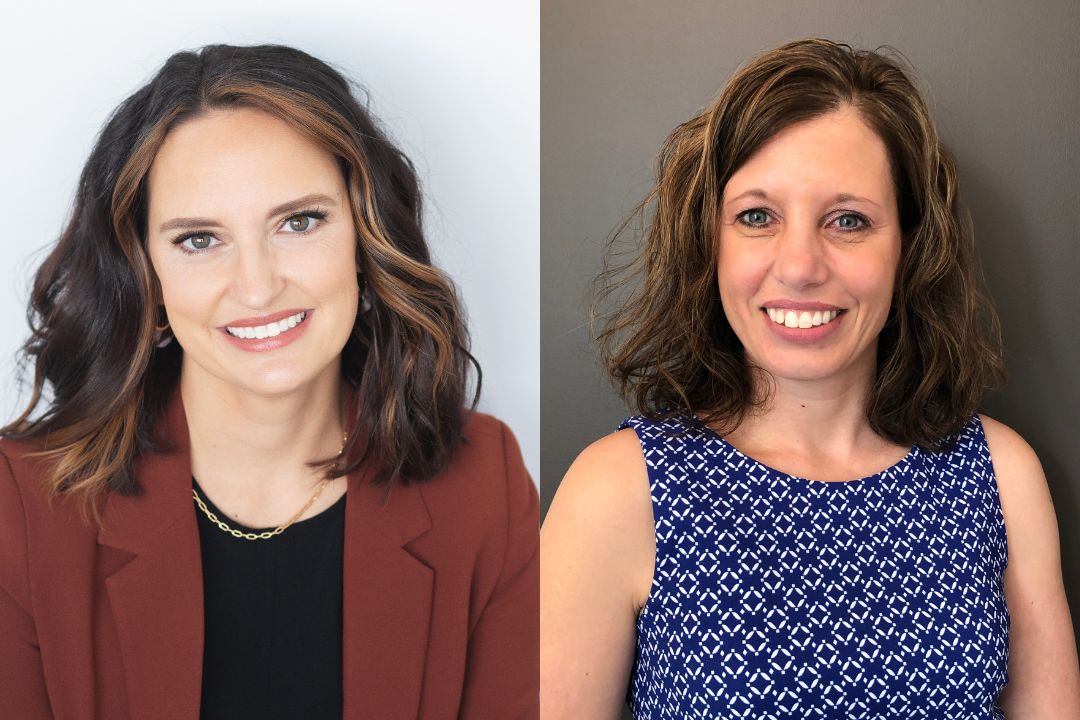
medSask pharmacy guidelines gaining nationwide reach
SASKATOON – A Saskatchewan-developed tool to support pharmacists with prescribing for various minor ailments and self-care conditions is now used by thousands of students and professionals in every province across Canada.
More than 19,000 pharmacists in Canada are using a University of Saskatchewan (USask)-developed tool in their daily practice to assist with prescribing medicines to patients.
The pharmacy prescribing guidelines developed by medSask, a non-profit organization to support pharmacists that operates out of USask’s College of Pharmacy and Nutrition, were established more than a decade ago to provide protocols and support for Saskatchewan pharmacists to prescribe medications for certain minor ailments and self-care conditions without needing to visit a doctor’s office.
The guidelines gained widespread use not only in Saskatchewan but across Canada. In September 2020, medSask moved to a subscription-based model for non-Saskatchewan practitioners in order to support the work of medSask to maintain and evolve the guidelines. Since moving to a subscription and licensing-based model, more than 19,000 individual pharmacists and students are now accessing the guidelines through businesses, universities, or independently.
Dr. Charity Evans (PhD), the director of medSask, said the guidelines are one example of how Saskatchewan is leading the way for pharmacists in Canada.
“It grew to succeed more than we ever thought,” she said. “As more provinces have started allowing their pharmacists to prescribe, we’ve seen a lot of uptake.”
Danielle Larocque, the associate director of medSask, said the organization is thrilled with how much uptake they have received from industry partners and other universities to license and use the guidelines.
“medSask is very established with these prescribing guidelines. We are unique in already having these guidelines in place a decade ago, and now other provinces have used them and continue to use them. We’re starting to tailor them to the needs of other provinces,” she said.
The prescribing guidelines web page has become one of the most frequented for USask as the number of users and licenses continues to grow across the country.
John Mapletoft, a tech transfer manager in the Innovation Mobilization and Partnerships unit at USask, worked with medSask to help take the prescribing guidelines to a licensing model in 2020.
He said the guidelines are an example of a “real, meaningful, impactful” creation developed at the university and brought to the rest of the world.
“How many people is this going to help across Canada?” Mapletoft said. “It serves the double purpose of helping pharmacists through the process of prescribing, and then also documenting it.”
As Larocque puts it, pharmacists are being asked to do “more and more” every day as frontline health-care professionals. The list of conditions that pharmacists can prescribe for grows every year, and more responsibilities fall to pharmacists to fill that gap – especially as so many people throughout Saskatchewan and the rest of Canada lack a regular family doctor.
The medSask team is now also able to do more with partners who are seeking to license the guidelines. Beyond creating customized guidelines for pharmacists in different regions, Larocque said some partners have sought to adapt the guidelines for different software to make them more accessible for their pharmacists.
Even after more than 10 years in existence, three years in a license and subscription model and distribution to thousands of pharmacists in every province in Canada, the medSask team continues to evolve the prescribing guidelines to be the best resource possible for health-care professionals.
“The conditions that are being approved for pharmacists to prescribe for are constantly expanding,” Larocque said. “We are constantly creating new guidelines and supports. We are in a very busy mode … these guidelines help to support pharmacists who are stepping up to meet the urgent needs of our health care system in Canada.”
-30-
For more information, contact:
Brooke Kleiboer
USask Media Relations
brooke.kleiboer@usask.ca
306-966-1388
Article re-posted on .
View original article.

